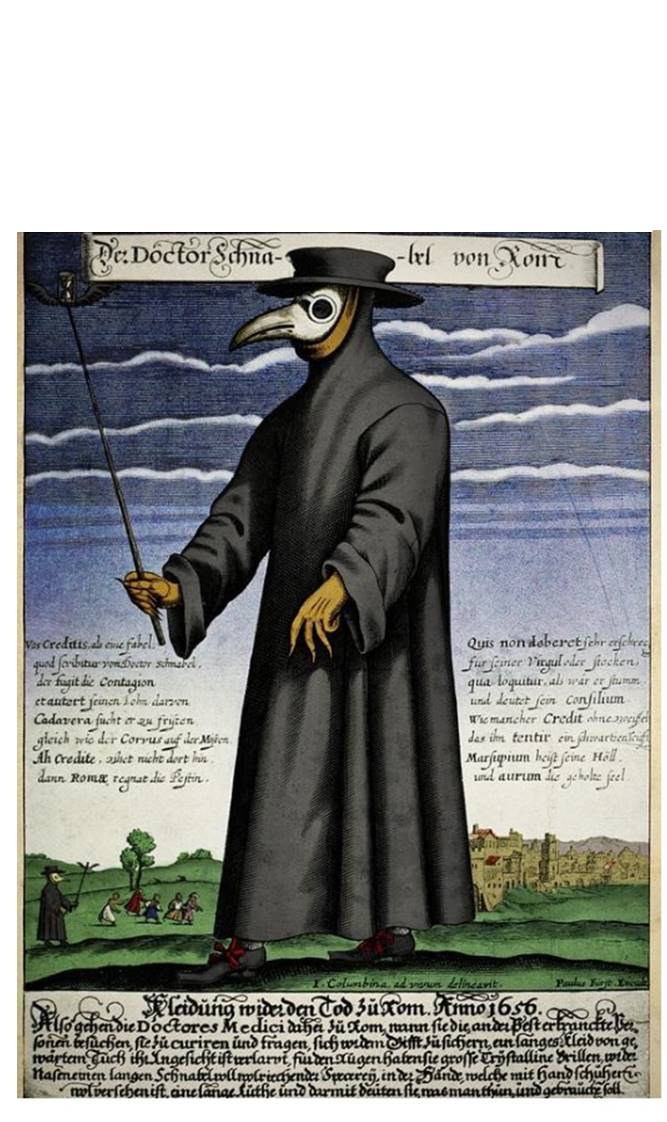Another hike in the ACLT – COVID in the EU – The Kumbh Mela festival – Student break – New developments in Myanmar – Evening statistics
I joined several other hikers with AD and RH in the American Chestnut Land Trust today. We went along the Prince Frederick to Bay Trail, going there-and-back in both directions. The overlooks towards the end of the trail are untrammeled by foliage at this time of year and provide a clear view of Parker Creek draining into the Chesapeake Bay. In contrast to the bare forest within the mountain area, wildflowers are beginning bloom on the ground – bloodroot in particular, with its oval white petals and yellow stamens. The trail goes over a swamp, where we heard a chorus of frogs peeping; the male frogs, at this time of year, attempt to attract females by the strength and volume of their mating calls. The hike was about 11 miles and perhaps 1500 feet of elevation gain; although the ACLT is located in the piedmont rather than in the mountains, it has numerous ascents that, while short, can be very steep. It was another cloudless day, somewhat warmer than yesterday. The hike was enjoyable but it was marred by an untoward incident: on the portion of the trail headed towards Prince Frederick, RH slipped and turned his ankle. At first we were worried that it had been materially injured, but eventually he found that he was able to support his weight on it and that in all probability it was only a sprain. Nonetheless it was advisable that he walk as little as possible, so he turned back to wait at a gravel road that we had crossed about ¼ mile earlier, while AD and one of the others went back to the parking area to pick up a car and drive to the point where RH was waiting.
The European nations are undergoing considerable difficulties as a result of the rollout of the vaccines, which has been a good deal less efficient there than here. Germany is considering an extension of its partial lockdown into April, despite numerous mass protests in several cities. There have been similar protests in other countries, including the Netherlands, Austria, Bulgaria, and Switzerland. In Marseille, about 6,500 took part in a carnival parade, openly defying the restrictions that France imposed this weekend. One consequence of these disturbances is an increased amount of tension between the U.K. and the EU. AstraZeneca (which is an Anglo-Swedish firm) has delivered only 30% of the amount of doses promised for the first quarter, causing the government in Brussels to accuse the U.K. of operating its own de facto export ban to achieve its vaccine success, a claim furiously denied by the British government.
India is also facing difficulties. The Kumbh Mela festival, a huge Hindu religious event held four times every twelve years at four different locations, has been shortened from three months to 30 days. Nonetheless millions of worshippers are flocking to Haridwar, the location for the festival this year, on a daily basis. Most of them wear no facemasks and few of them observe social distancing. Medical authorities are concerned that another super-spreader event may result. India is already in the midst of its second wave of COVID infections. In February the number of new daily infections had been reduced to less than 10,000; but currently the average amount is well over three times that amount.
For that matter, we ourselves are undergoing a similar trial, without the excuse of religious fervor to account for lack of restraint: namely, the annual spring break for our college students. Miami Beach has imposed a curfew to deal with uncontrollable crowds partying there. At this point about 13% of the population has been vaccinated, but many seem to be assuming that the pandemic is now completely under control, which is very far from being the case. Dr. Fauci has urged people to remain cautious and not to risk additional spikes in infections. “Vaccines are coming on really well,” he said today in a press interview. “If we can just hang on a bit longer, the more people get vaccinated, the less likelihood that there is going to be a surge.” The number of infected people has been reduced from its peak in January by over 25%, but there are still at least 7,000,000 million who are still active with the virus.
The situation in Myanmar is worsening. As the military junta attempts to tighten its grip on power, the Myanmar economy is slowing down with anti-coup strikes, supply chain interruptions, and power outages. Many areas are now using a barter economy. Khin Maung Latt, an official in Suu Kyi’s administration who worked as a campaign manager for one of the country’s two Muslim MPs, died last night in custody. He was badly bruised on the head and body, a fairly clear indication that he had been tortured. At least 50 people have been killed and over 1,700 are in detention. Sanctions from various governments outside the nation appear to have had little effect on the junta’s resolution to stay in power. Regrettably, the only country that could exercise any real influence on it is China. We are obliged to put some trust in China’s cooperation in the matter, and yet that trust is so woefully misplaced. A dictatorship in one country is not likely to sympathize with pleas to combat the dictatorship of another.
Today’s statistics as of 8:00 PM – # of cases worldwide: 123,843,833; # of deaths worldwide: 2,727,284; # of cases U.S.: 30,521,337; # of deaths; U.S.: 555,296.
The link to the complete journal is: https://betulacordifolia.com/?order=asc
